Men often feel most excited and energetic in the morning, because that is when the hormone that controls sexual desire increases.
According to Dr. Doan Ngoc Thien (Department of Andrology, Tam Anh General Hospital, Ho Chi Minh City), the factor that creates sexual desire in men is the hormone testosterone. This hormone in men is produced mainly in the testicles (95%) and a small part (5%) in the adrenal glands. The amount of testosterone begins to increase in the body from 4am to 11am and then gradually decreases, reaching its lowest point at 8pm. Therefore, early morning is the time when men feel most excited and want to be close to their partner.

Male and female sexuality is influenced by many factors. Photo: Freepik
Women also produce testosterone, but in small amounts, 10-20 times lower than men. Testosterone plays a small, but unclear, role in female sexual function. The hormone thought to influence sexual function in women is estrogen.
Although men's testosterone levels drop at night, they are still higher than women's.
While men focus more on intercourse and orgasm, women's desire is driven more by connection and affection. For many couples in long-term relationships, desire may not occur before sexual activity but may increase with arousal.
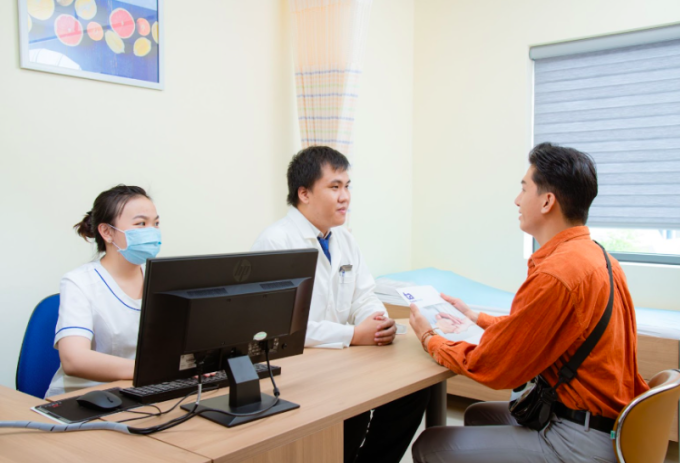
Doctor Ngoc Thien is examining a patient. Photo: Provided by the hospital
Doctor Ngoc Thien added that testosterone is an important sex hormone, controlling almost the entire male body, from the nervous system, cardiovascular system to physiological and reproductive ability. This hormone not only affects men's ability to be excited during the day, but also affects men's long-term life.
However, after the age of 30, testosterone declines at a rate of 0.7-1.3% per year, and by the age of 50 it is only about 70%. At that time, men are at risk of decreased sexual desire, erectile dysfunction, as well as systemic health problems such as obesity, loss of muscle mass, metabolic disorders, difficulty concentrating, and mental fatigue.
Therefore, men need to pay attention to protecting and maintaining this hormone level at a stable level (10-35 nanomol/liter), by adjusting to a healthy lifestyle, having a scientific diet, exercise, rest, limiting alcohol, tobacco and needing regular health check-ups (every 6 months).
Research shows that exercise helps men have 30% more sex and have 26% more orgasms. For women, doing 20 minutes of cardio is more sexually arousing than those who do not exercise.
Quyen Phan
Source link








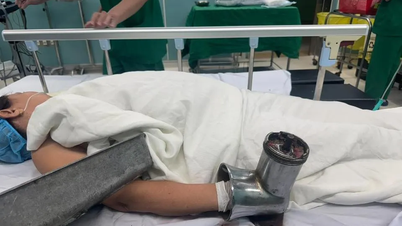

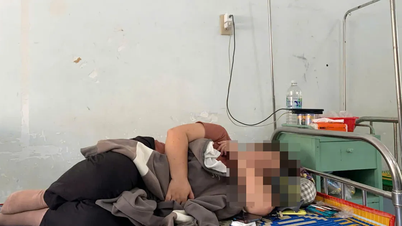


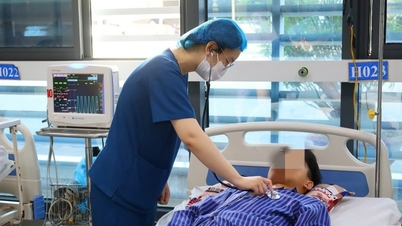


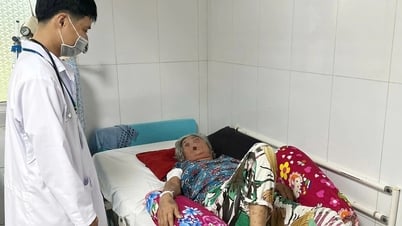






































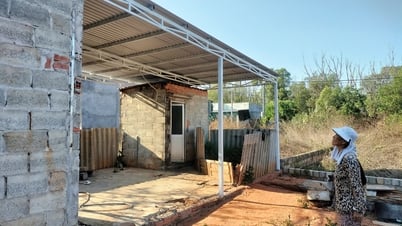









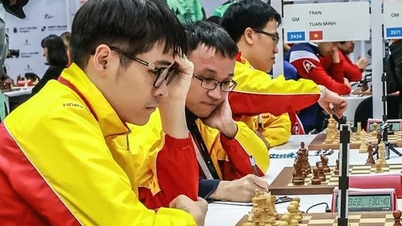




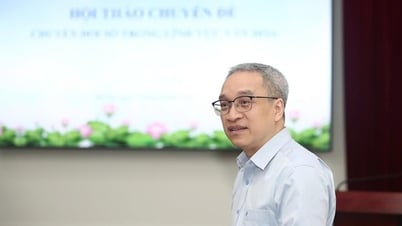






















Comment (0)